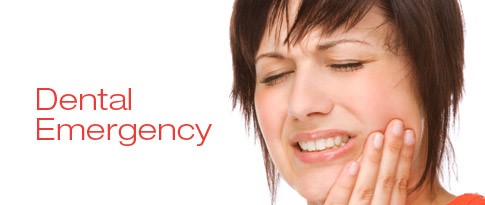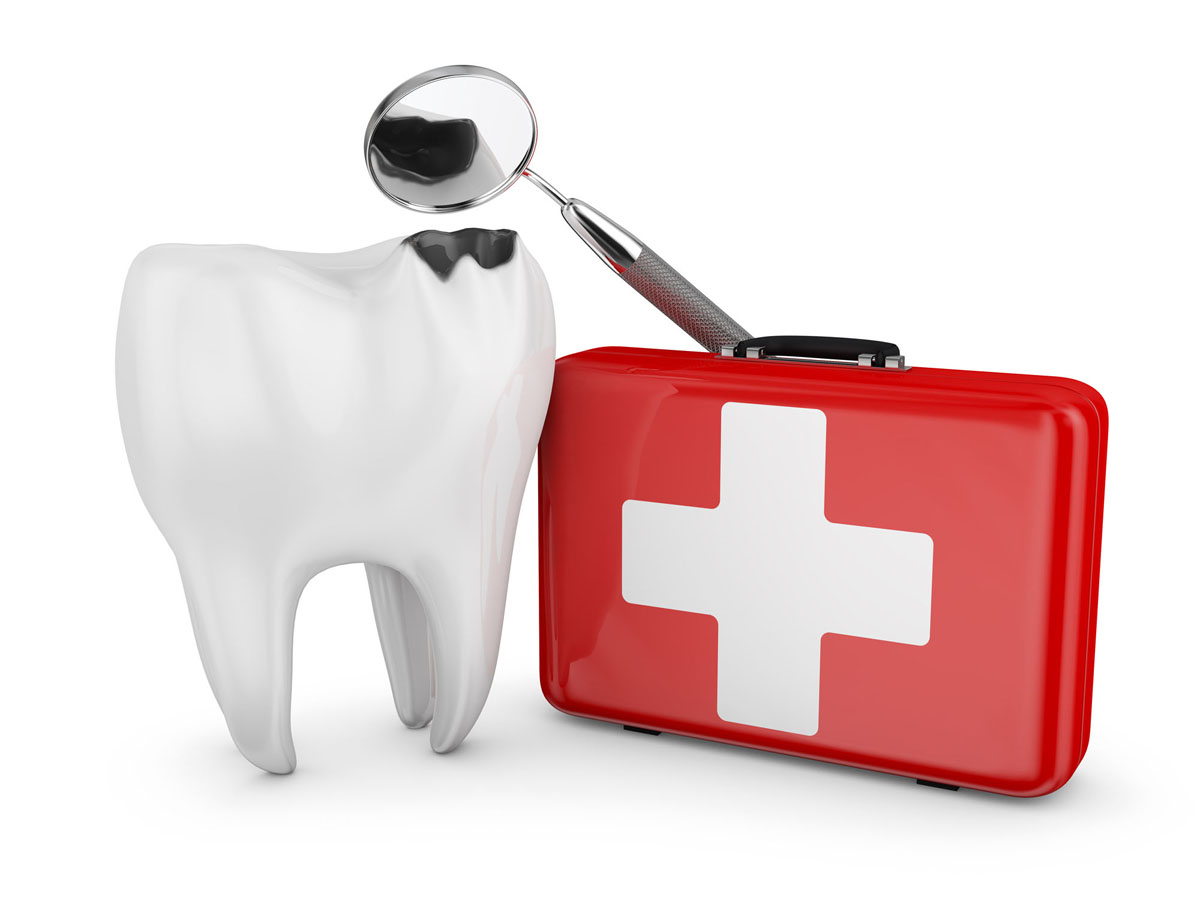Emergency Dentist

Emergency Dental care in Swindon
Do you require an emergency dentist for emergency dental care? Are you experiencing any of the following?
- Dental pain
- Bleeding from the gums
- Loose teeth
- Chipped Teeth or Fillings
- Fractured or loose Dental Crowns or Dental Bridges
- Broken Dentures
- Swelling in the face or mouth
- Bulges or swelling on your gums
If you have answered yes to any of these then you may be having a dental emergency and should contact us immediately. We offer same day emergency dentist appointments for any dental emergency.
We at Ambience Dental Practice, pride ourselves at delivering quality, affordable and convenient care for our patients.
If you are an existing patient and require emergency dental treatment, please contact us immediately, details below.
We are centrally located at 37-39 Queen Street, Wade House, Swindon SN1 1RN
Managing dental pain at home
During this unprecedented time where routine dental care is currently not accessible in our efforts to stop the spread of the COVID-19 virus, we have provided some useful tips to support you if you’re experiencing any dental pain at home and for maintaining your oral health while you cannot see a dentist.
What do you need help with
Toothache
The most common dental problem people typically face is toothache. If you’re experiencing dental pain, we recommend you follow this advice:
- Avoid extremes of temperature, such as hot drinks or very cold foods like ice cream
- Avoid sugary or acidic foods, especially sweets or fizzy drinks, even diet ones, as these can aggravate the pain
- Take over-the-counter painkillers such as paracetamol
- Use an over-the-counter anaesthetic gel, for example Orajel, which you can buy in a pharmacy, to help relieve the pain
- Continue to brush and floss your teeth as thoroughly as possible, and rub toothpaste directly onto the sore tooth or area
- Massage the gum around the tooth to help ease pain
- Use cloves or cotton wool to place clove oil over the painful tooth or area of the mouth. You can buy cloves in supermarkets
- Keep your head elevated at night. Lying down can increase blood pressure in the tooth and cause pain
- Keep the area cold by using a cool pack or frozen vegetables wrapped in a towel. Apply this to your cheek. Don’t apply ice directly to the tooth as this can increase pain and damage the tissues.
Wisdom tooth pain
Wisdom tooth pain is another common dental problem which you can usually help relieve at home. We recommend you:
- Rinse your mouth with warm saltwater as often as you can
- Buy some mouthwash suitable for gum problems, such as Corsodyl or Peroxyl, from your local pharmacy if you can
- Take over-the-counter painkillers such as paracetamol to help ease the pain
- Continue to clean your wisdom teeth thoroughly, even if it’s painful to do so
- Keep the area cold by using a cool pack or frozen vegetables wrapped in a towel
Sensitive teeth
If you have an extremely sensitive tooth and are in discomfort, again as with toothache, we would recommend that you avoid any foods which are either very hot or cold, like ice cream or hot drinks, as well as any foods which are acidic or sugary. These can aggravate sensitive teeth.
Continue to floss and brush your teeth as thoroughly as you can and rub sensitive toothpaste, such as Sensodyne or Colgate Prorelief, directly onto the affected area. You can use normal toothpaste if you don’t have a sensitive one.
Painful or bleeding gums
Painful or bleeding gums isn’t a dental emergency and is usually caused by gum disease. It can be stopped by improving your overall oral health. Make sure you clean in between your teeth with floss or interdental brushes and follow up with a thorough toothbrush clean twice a day with a fluoride toothpaste.
To see our complete guide of useful tips on ‘Caring for you at home’ click <here>.
